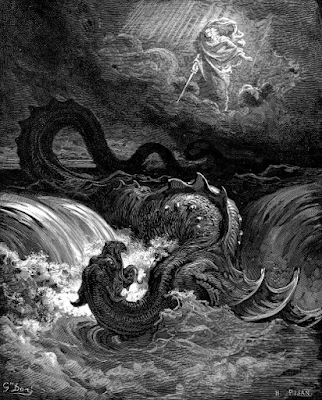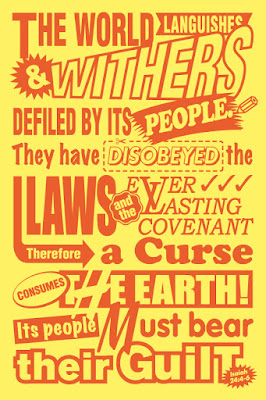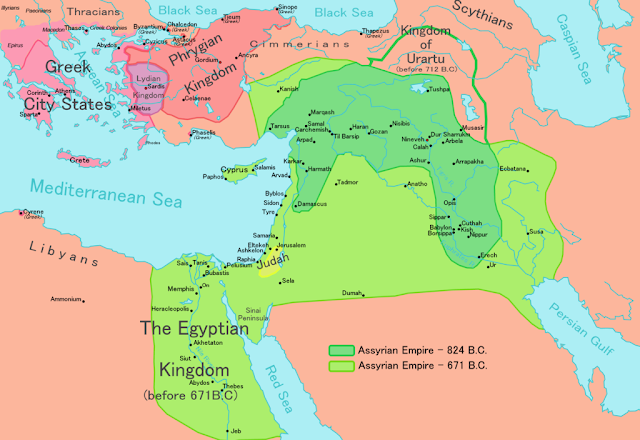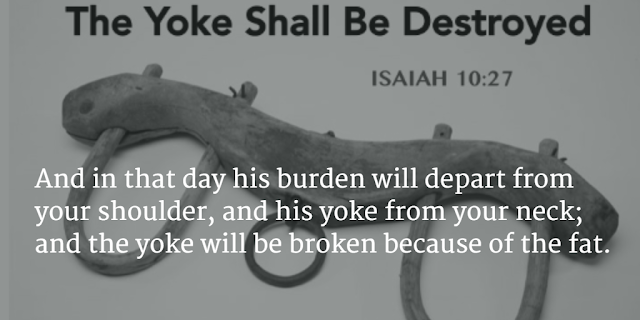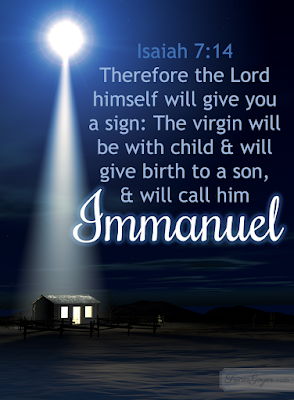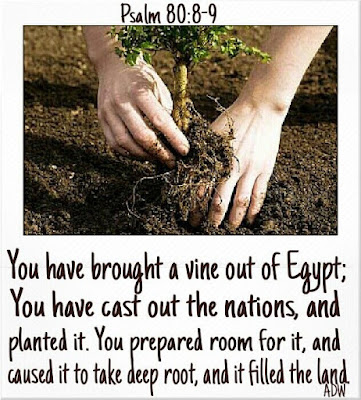Isaiah, Week 6, Days 1 & 2: Isaiah 28 -29

Day One: Read Isaiah 28 1. What is the condition of Ephraim (vv 1-13) and Judah (vv 14-15)? They are full of drunkards, prideful, and condescending of the prophets and God's plan. 2. What descriptions are given of the stone laid in Zion (v 16)? A firm and tested stone. The force of the figure in this verse is much enhanced by the statements of modern travellers in relation to the immense stones still remaining at the foundation of ancient walls. -J. A. Alexander. 3. Who is this cornerstone? Christ. The BKC suggests that it's not entirely clear that Isaiah is suggesting its a direct reference to the Messiah. Zech 10:4 is. ************************ Isa 28:17 And I will make justice the line, and righteousness the plumb line; and hail will sweep away the refuge of lies, and waters will overwhelm the shelter.” From the Grace Church Memphis Bible Study Guide notes: "On this sure foundation, God will set a measuring line. (v 17) It will measure horizontally

